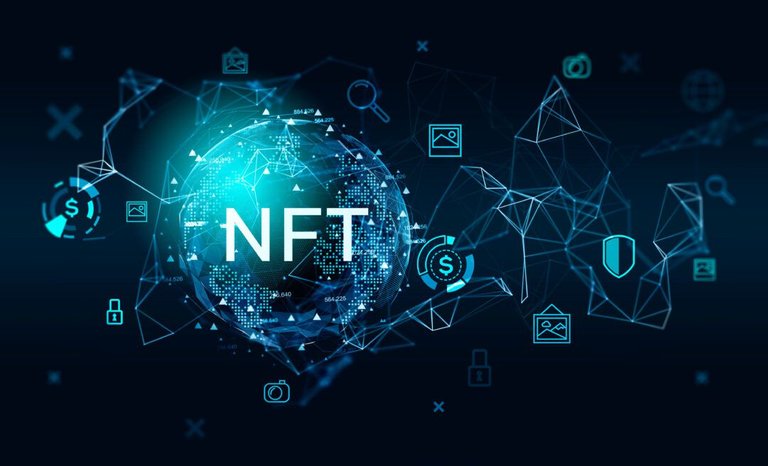A court in Hangzhou, the capital of eastern China's Zhejiang Province, reviewed a dispute between a customer and a local digital art platform that canceled an NFT sale on his behalf.
The user filed a lawsuit against the company claiming that the process was terminated without his consent.
The platform, which decided to refund, explained that its move related to the inaccurate personal information it received from the plaintiff, and according to know-your-customer procedures, applications submitted without real-name authentication must be canceled.
The Hangzhou Internet Court said that NFT pools hold properties of property rights such as value, scarcity, controllability, and tradability, while digital collectibles are virtual properties.
In the statement, which was relayed on Twitter by journalist Colin Wu, also known as “Wu Blockchain,” the judiciary emphasized what it meant:
The contract involved in the case does not violate the laws and regulations of our country, does not violate the actual policy and regulatory guidance to prevent economic and financial risks, and must be protected by law.
The court also explained that as a virtual work of art, the digital NFT collection itself intensifies the original expression of the art of the creator and has the value of the relevant intellectual property rights.
At the same time, digital NFT pools are unique digital assets that are formed on the blockchain based on the trust and consensus mechanism between blockchain nodes.
Therefore, the Hangzhou court concluded that NFT pools belong to the category of virtual property.
It also expressed its position that the transaction in the case represented the business activity of selling digital goods online and therefore belonged to e-commerce activities and should be regulated as such under China's Electronic Commerce Law.
Last year, the Chinese government launched a nationwide campaign against cryptocurrency-related activities such as the issuance, trading and mining of digital currencies such as Bitcoin.
While allowing NFT issuance, regulators have tried to curb speculation with these digital tokens.
To avoid association with the crypto space, they are often called digital collectibles rather than non-fungible digital tokens.
In April this year, reports revealed that popular Chinese messaging app Wechat suspended accounts associated with NFT.
In September, it became known that the National Copyright Administration of China (NCAC) had launched a campaign to crack down on copyright infringement and piracy through digital collectibles.


